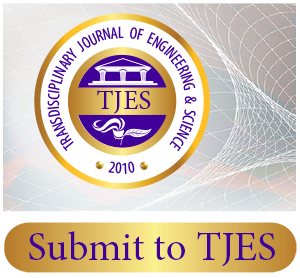Assessing the efficacy of bio-composite starch/biochar based microbial fuel cell Pb(II) removal from contaminated seawater
Abstract
The efficient removal of toxic chemicals from wastewater using effective sorbents has gained significant attention in recent years. In this study, a starch/biochar composite was synthesized from rice straw to achieve the removal of Pb(II) from wastewater. The highest performing starch/biochar composite was then utilized as a microbial fuel cell electrode for generating electricity in synthetic seawater contaminated with Pb(II) and petroleum hydrocarbons. Results showed that the maximal power density and current density were 2.18±0.20 W/m3 and 8.33±0.50 A/m3, respectively, and that the composite achieved removal rates of 95.10±1.50% for Pb(II) and 55.10±2.20% for petroleum hydrocarbons. These findings suggest that the starch/biochar composite can serve as an effective sorbent for remediating environmental contamination, while also having potential for use in sustainable energy generation.


